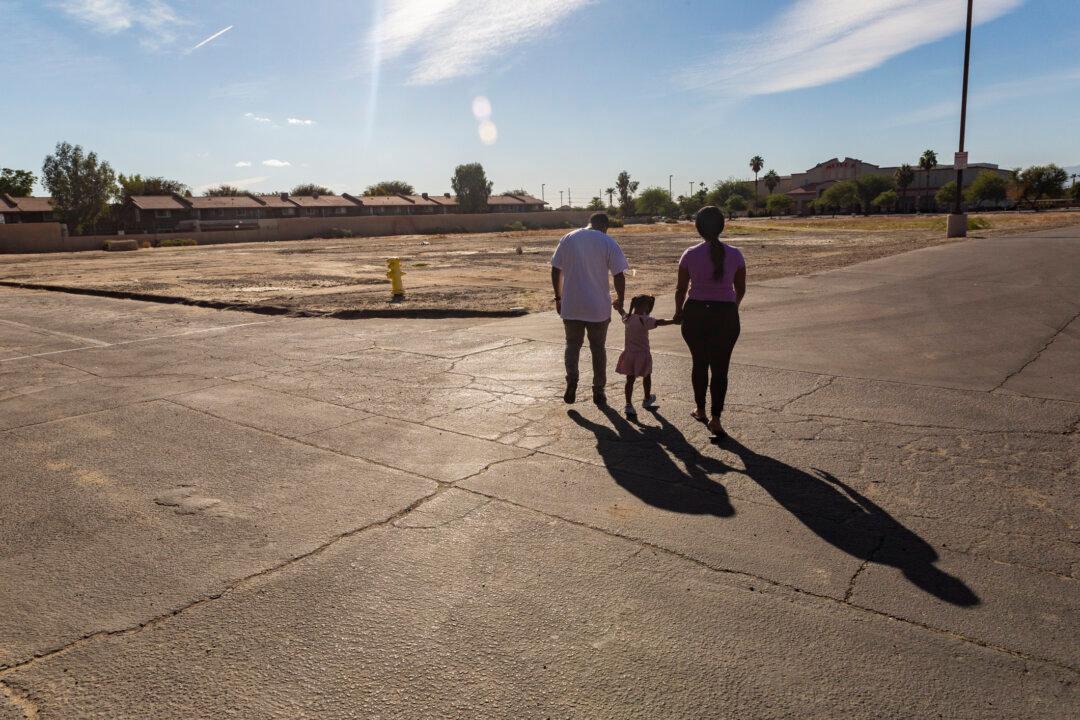Traditional notions of a family—comprising a mother, a father, and two kids—are being redefined, according to a recent survey of nearly 6,000 Australians.
The research reveals a society embracing an evolving concept of family, extending beyond the bounds of blood, marriage, adoption, or fostering, as the government still defines it, to include close friends.





